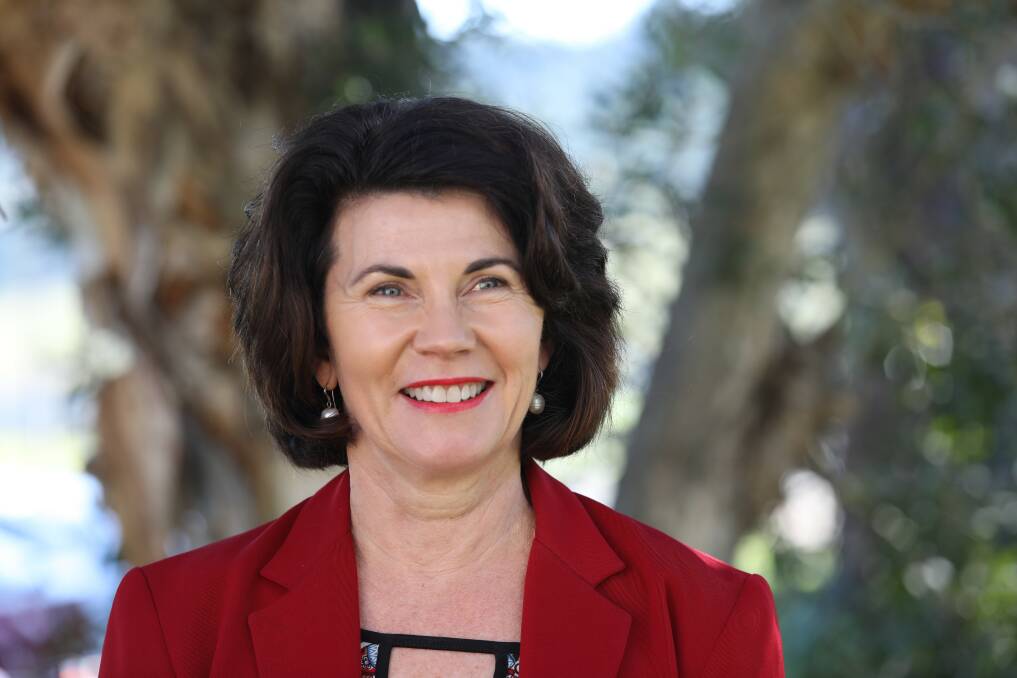Social licence for animal ag

Brought to you by Regenerative Agriculture Alliance.
The future of animal agriculture is bright if we care about the environment, our health, wellbeing and a strong economy.
However, it will be dictated by our capacity to remove bias and truly examine these complex issues from a holistic perspective.
The decisions we face will not be easy. They will come with a period of immense adjustment. It will take both strong leadership and capital investment to ease the initial financial burden and navigate the change.
Over the next few articles, I will be exploring the future of animal agriculture, aiming to break down misconceptions, both on behalf of farmers and consumers.
First I will examine issues of social licence in relation to ethical livestock production. Social licence is perhaps where I am most critical of a minority of farmers and their approach to dealing with animal activism and animal welfare expectations.
Retaining one's social licence to farm is not a new issue to agriculture. For example, blueberry and banana horticultural industries in Coffs Harbour in Northern NSW, have experienced their social licence being questioned and debated publically by the local community.
It took us in excess of 20 years to come up with alternative approaches to mulesing sheep and dehorning cattle.
These have never been pleasant activities for farmers, but nevertheless essential for preventing flyblown sheep and casualties in the cattle yards.
Whilst we understand that caged poultry and swine prevent fatalities in intensive livestock production, the image and thought of living in a claustrophobic and often putrid environment has never sat well with consumers; and why should it?
We need to come up with improved designs geared to animal well-being and contentment if we are to retain our social licence in intensive animal production.
The reality is: criticism around waste, overuse of antibiotics and inhumane, hazardous conditions will not go away for these more intensive industries.
Too often I hear farmer groups say "we must educate the consumer", the reality is, the consumer will educate the farmer and the lesson will be swift, as was experienced with both the live cattle and sheep trade which were shut down literally overnight.
What needs to happen - and fast - to ensure our own economic sustainability, is our practices need to change to meet consumer's expectations if the livestock industry is to survive.
We now have alternatives to mulesing sheep, products to numb the cattle de-horning process, precision technologies to only treat sick animals with antibiotics and free-range products are considered a premium product in the market place, which consumers are happy to pay for.
I understand there is the counter argument around the cost of free range or organic food verses industrialised factory farming and feed lotting. However, there is an equally strong argument around the cost to human health and our ability to fight major diseases.
Credit must go to initiatives such as the 2018 Australian Beef Sustainability Framework developed by the red meat industry bodies, Meat and Livestock Australia's net zero emissions target by 2030, and the fact that the National Farmers Federation is supporting at 50pc renewable energy target on farms by 2030.
There is also much work being done by CSIRO in the space of reducing methane from livestock through the use of red marine macro algae supplements also knows as red seaweed, which based on studies to date, have the capacity to reduce methane to negligible levels.
The National Marine Science Centre based out of Coffs Harbour is currently working on offering commercial solutions for the livestock industry.
These real initiatives go a long way in supporting our social licence in animal agriculture.
Lorraine Gordon is Southern Cross University's Director of Strategic Projects at the Regenerative Agriculture Alliance and Farm Co-operatives and Collaboration Program. She is also an Associate Director at SCU's Centre for Organics Research.


